Zika Response & Success Stories
About CDC
As CDC experts work 24/7 in response to the Zika virus disease, they support the response in many different capacities. CDC’s Emergency Operations Center (EOC) was activated for Zika on January 22, 2016, and moved to a level 1 activation—the highest level – on February 8, 2016. The EOC is the command center for monitoring and coordinating the emergency response to Zika, bringing together CDC scientists with expertise in arboviruses like Zika, reproductive health, birth defects, developmental disabilities, and travel health. Learn more about what CDC is doing.
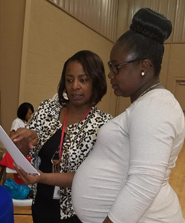
Lisa Moore, Community Health Director for District 1 (left) provides Zika prevention information during the Grenada Health Summit.
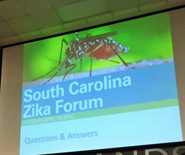
South Carolina Department of Health and Environmental Control (DHEC) hosted a forum for state and local leaders focused on stopping the spread of Zika.
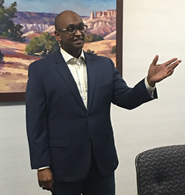
Tori Ponson, from the Tennessee Department of Health, provides updates to healthcare providers regarding new state legislature on Zika.
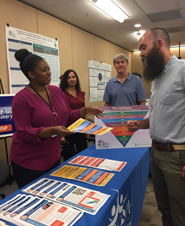
During a California Department of Public Health event, staff from the California Birth Defects Monitoring Program promote Zika awareness.
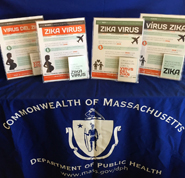
Massachusetts Department of Public Health developed educational materials in English, Spanish, Portuguese, and Haitian-Creole for women and men travelling to areas with risk of Zika virus.
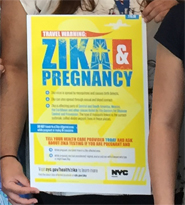
Members of New York City Department of Health and Mental Hygiene’s Zika Response Team developed educational materials for provider and community outreach.
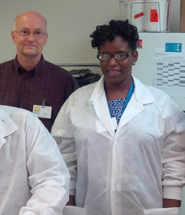
For three weeks in September 2016, Panayotta Delinois worked in a Florida laboratory, performing a job that is critical for CDC’s response to Zika, yet unfamiliar to many.
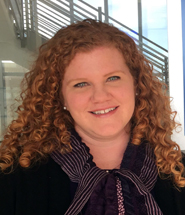
As a leader of the Zika laboratory team, Amy Gargis played a major role in making significant updates to CDC’s Zika testing guidance.
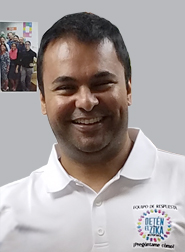
When Ibad Khan deployed to Puerto Rico in October 2016, it wasn’t his first deployment for CDC.
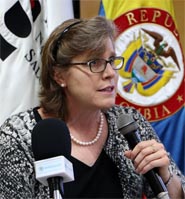
Peggy Honein’s team has been hard at work creating public health messages, tracking cases in pregnant women and their infants, and learning as much as they can about Zika and pregnancy.
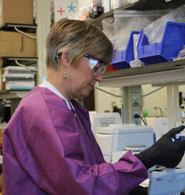
CDC worked rapidly to develop unprecedented Zika test.
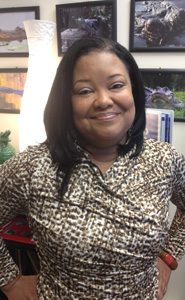
When Kamelya Hinson traveled to American Samoa to help the US territory fight the Zika outbreak, she did not realize how difficult it would be to spend Mother’s Day away from her daughters.
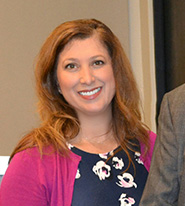
CDC’s Lisa Romero Works to Improve Birth Control Access in Puerto Rico.
As a disease detective with CDC’s National Center on Birth Defects and Developmental Disabilities, Sarah Tinker was ready to go when she was asked to give Colombia some much-needed help.

Christina Nelson is among a large group of CDC responders who have worked around the clock to combat Zika.
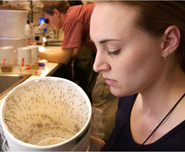
US cities need to follow New Orleans’ lead and proactively prepare for local transmission of the virus from the bite of an infected mosquito.
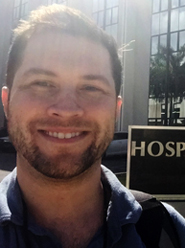
Dr. Daniel Pastula has been working with CDC to investigate the link between Zika and Guillain-Barré syndrome (GBS).
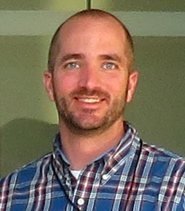
CDC disease detective Morgan Hennessey was among the first group of responders to help fight Zika.